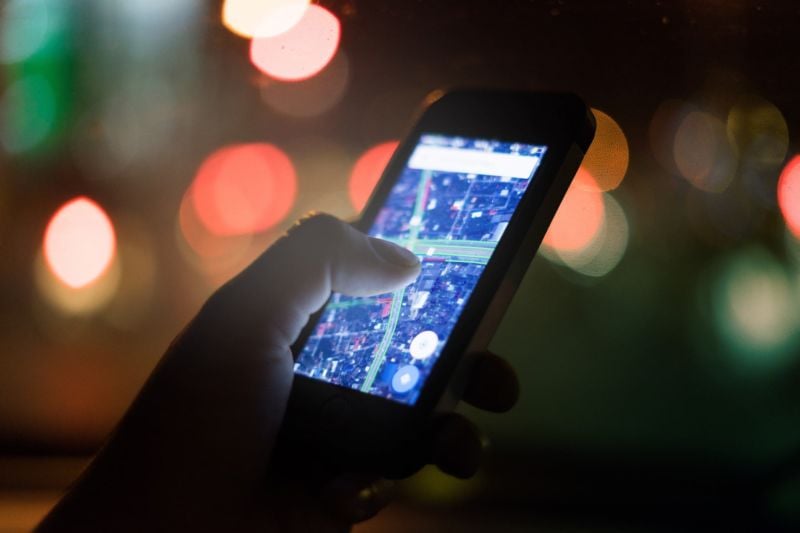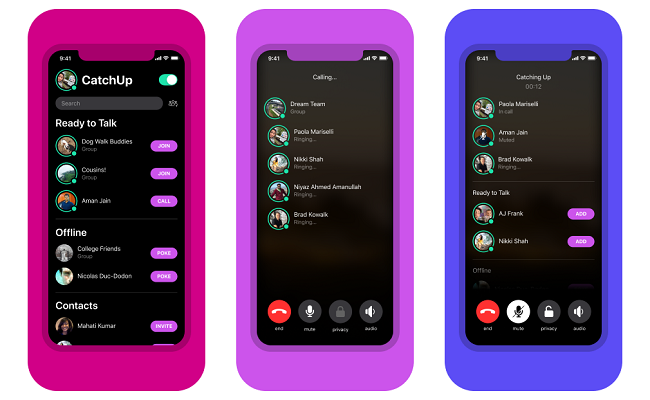Find out the week’s top mobile stories from around the world.
This week.. The covid-19 crisis is boosting mobile money, IoT, are immunity passports threatening privacy? Facebook experiments with voice calling app, Australian mobile companies work with police to prevent 5G arson attacks and much more.

The covid-19 crisis is boosting mobile money
The Economist
The story of mobile money is one that turns during crises. In Kenya in 2008, violence broke out after a disputed election the year before. As supporters of the rival candidates clashed on the streets, ordinary folk were afraid to go out. Many started sending money to each other by phone using a newfangled service called m-Pesa. The habit stuck. Today m-Pesa is the most celebrated mobile-money service in the world. It processes 11bn transactions a year and has spawned imitators across Africa and farther afield.
Read more…
The IoT Powers Through Pandemic
PYMNTS
The global pandemic stunted progress in many nascent companies and industries. Internet of Things (IoT) projects, for example, like the installation of a 5G mobile infrastructure that fully enables IoT functionality, might also have been deprioritized as world economies tanked.
Instead, there’s a rapidly growing perception that IoT connectedness at 5G speeds is exactly the kind of technology to help smart cities better manage things like pandemics, as well as all manner of logistical challenges that “smart” municipalities will need systems to manage.
Read more…
Is Google finally managing its messaging mess?
The Verge
Sadly, the time has come for me to write about Rich Communication Services again. There have been a few pieces of news about it in the past week or so and I find myself vaguely optimistic that by this time next year Google will be offering properly encrypted messaging to Android users with a relatively simple, seamless experience that’s well on its way to being universally available.
Plus, Google is finally starting to transition users from Hangouts to Google Chat in a real way under new management that is motivated to finally get it right because everybody is paying way more attention during the pandemic.
Read more…
Immunity Passports Are a Threat to Our Privacy and Information Security
Electronic Frontier Foundation
With states beginning to ease shelter-in-place restrictions, the conversation on COVID-19 has turned to questions of when and how we can return to work, take kids to school, or plan air travel.
Several countries and U.S. states, including the UK, Italy, Chile, Germany, and California, have expressed interest in so-called “immunity passports”—a system of requiring people to present supposed proof of immunity to COVID-19 in order to access public spaces, work sites, airports, schools, or other venues. In many proposed schemes, this proof would be stored in a digital token on a phone. Immunity passports would threaten our privacy and information security, and would be a significant step toward a system of national digital identification that can be used to collect and store our personal information and track our location.
Facebook experiments with voice calling app
Mobile World Live
Facebook trialed an app allowing people make voice calls with up to eight contacts after they indicate their availability to talk, as the company continues a recent push into providing more communications tools.
In a blog, the social media giant explained the app, named CatchUp, was addressing a problem linked to people’s tendency to avoid calling more frequently as they didn’t know whether it was a convenient time to talk.
Read more…
How IoT, AI And Blockchain Can Trasform Supply Chains In 3 Steps
Forbes
The most significant transformation opportunity in managing supply chains will be the ability to know the past, present, and future of every asset across the entire supply chain. And to do that, there three things must happen:
- We need to provide every asset in the supply chain with an identity.
- We need to enable connectivity and data transfer between the assets across the supply chain.
- Manage all of these assets automatically.
Simple, It Is Not.
Read more…
5G fires: Australian mobile companies work with police to prevent arson attacks
Guardian
Australian mobile companies are seeking to head off any outbreak of anti-5G arson attacks on telecommunications infrastructure, stating they are working with police to keep an eye out for potential incidents.
Victoria police announced on Friday an investigation had commenced into a fire at a telecommunications tower at Cranbourne West in Melbourne’s outer suburbs.
Read more…
Tech firm developing mobile game to help children prevent spread of coronavirus
ITV
A Glasgow-based technology company is to develop a mobile game aimed at helping children prevent the spread of coronavirus.
Game Doctor has been given a £50,000 grant by Government agency Innovate UK for the app, which will it is hoped will launch in September as a free download on iOS and Android.
Aimed at children aged eight to 16, the game will feature drug and vaccine development to teach them about the virus, with analytics measuring health behaviours of young people.
French anti-trust watchdog shines a light on fintech
Finextra
France’s competition authority has launched a public consultation into the fintech sector, with a focus on payment services.
The payments sector is being upended by a combination of new technologies, such as mobile phones and blockchain, and new players, both fintech startups and big tech outfits.
The Autorité de la concurrence is seeking industry feedback to establish whether these new providers and services, and how they interact with old-fashioned bank efforts, bring up competition issues.
Read more…
Mobile gaming sees record weekly downloads amid COVID-19 lockdown
Gamesindustrybiz
The weekly average download figures for mobile games hit a record 1.2 billion in March as more people turn to gaming for entertainment amid the COVID-19 lockdown.
That’s according to a report from market intelligence firm App Annie, which found that users downloaded 35% more games in March compared to January.














